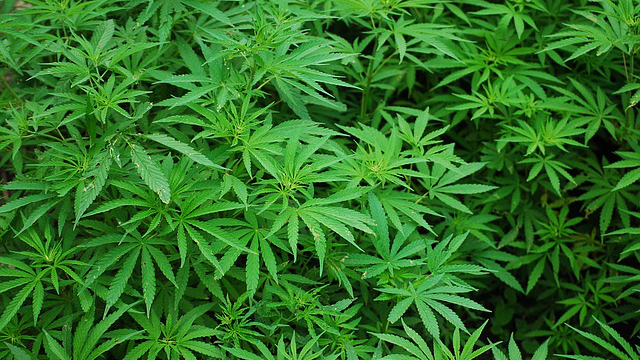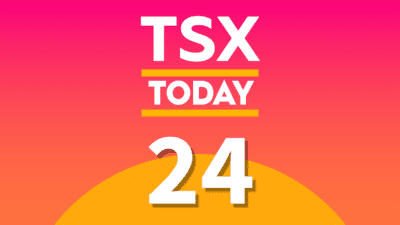On Friday, Aphria (TSX:APH) warned consumers that they should expect a shortage of cannabis in stores and online when its recreational use will be legalized in Canada this Wednesday.
Aphria’s CEO Vic Neufeld said that the company doesn’t have enough recreational cannabis to satisfy the initial orders made by provincial distributors, adding that his company has been hampered by a labour shortage and construction delays.
Neufeld added that most growers don’t have enough product to satisfy their orders, so sold-out signs at online and in-store retailers across the country are likely. But he hopes the industry will have resolved the issue after two or three months.
Private and government retailers are striving to prepare physical stores and online portals, so everything is up and running from day one. Authorized producers have increased production to try to address shortage concerns, at least in the short term.
According to a report by the C. D. Howe Institute released last week, current production levels are expected to meet only 30-60% of total Canadian demand. The estimated demand for the entire country is about 610.6 tonnes of cannabis, but the supply of marijuana available for the fourth quarter of this year is expected to be only 146.13 tonnes.
However, according to the authors of the report, this shortage will likely be short-lived, as the number of licensed producers and production capacity is expected to increase over time.
A few issues in Q1, but a strong rise in profit and revenue
In the most recent quarter ended August 31, Aphria indicated that it was “unable to fill all of the open greenhouse positions due to a lack of qualified local labour, which left it with insufficient staff to harvest the levels of production produced in the Aphria One greenhouse.”
Aphria had to dispose of 14,000 plants worth $979,000 this summer because there were not enough workers to harvest the crops.
“As a result of the lower staff levels, one week’s crop rotation outgrew its optimal harvest period,” the company said in its management report.
Aphria has since doubled its greenhouse staff and expects its new automated systems to be functional by the end of November.
The company’s new projects, which include a greenhouse expansion and a new extraction facility in Leamington, have been delayed by two months because government approval took longer than expected. The $55 million extraction facility, which will be able to process more than 200,000 kg a year of cannabis, is expected to open in May 2019.
Nevertheless, Aphria posted Friday a profit of nearly $21.2 million in fiscal 2019 first quarter, up 41% from $15 million in the same period last year. Earnings per share were $0.09 compared with $0.10 for the same period last year, when there were fewer shares outstanding. Aphria’s revenue totaled $13.3 million, up from $6.1 million a year earlier.
The growth in earnings can be attributed to gains in investments in Liberty Health Sciences and Hiku Brands as well as an increase in the fair value of organic assets due to increased production.
Aphria’s “all-in” cost to produce a gram of cannabis rose to $1.83 from $1.60 in the previous quarter. The pot producer’s expenses are higher, as it scrambles to prepare for legalization, and are expected to stabilize in the coming quarters.
Aphria is one of the six major producers who have entered supply contracts with the SAQ to supply the Société québécoise du cannabis (SQDC) network, whose first stores and internet site will open on October 17.
The main supplier of the SQDC will be the producer HEXO, with an expected delivery of 20,000 kg of cannabis in the first year. Then comes Canopy Growth with 12,000 kg, MedReleaf and Aphria with 8,000 kg, and Aurora Cannabis and Tilray with 5,000 kg.
On Friday, Aphria’s stock lost 3% to close at $19.11 on the TSX.









